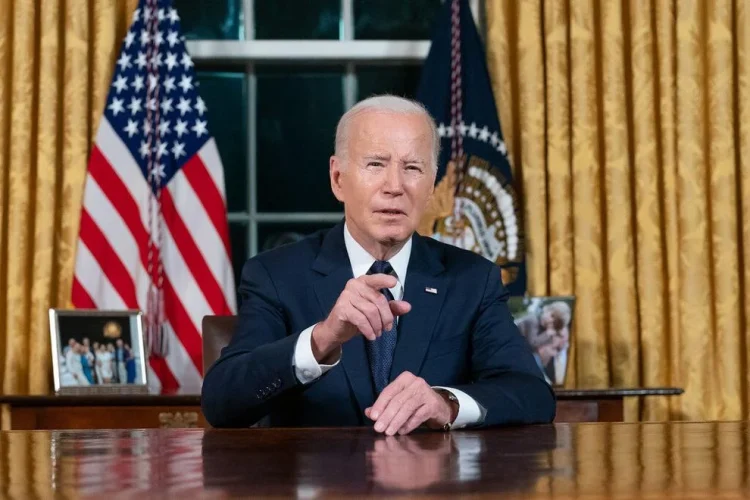President Joe Biden faced bipartisan criticism this week after granting clemency to two disgraced officials convicted in high-profile corruption cases. The decision, part of a larger clemency package for 1,500 individuals, ended house arrest for former Pennsylvania Judge Michael Conahan and ex-Dixon, Illinois, comptroller Rita Crundwell, both of whom had previously been released from prison due to the COVID-19 pandemic.
Conahan, a central figure in Pennsylvania’s infamous “kids-for-cash” scandal, had been convicted in 2011 for taking kickbacks from private detention centers in exchange for sentencing juveniles to their facilities. The scandal led to the reversal of 4,000 juvenile convictions and devastated countless families. Conahan’s house arrest was set to end in 2026, but Biden’s clemency has now erased the remainder of his sentence.
Critics of the decision, including Pennsylvania Governor Josh Shapiro, expressed outrage. Shapiro, a Democrat, said Biden’s move “created a lot of pain” for families in northeastern Pennsylvania. Sandy Fonzo, whose son died by suicide after being swept up in the scandal, called the clemency an “injustice” that reopened old wounds for victims.
In Illinois, Biden granted clemency to Crundwell, who orchestrated a $54 million embezzlement scheme that drained Dixon’s city funds over two decades. Crundwell’s theft, one of the largest municipal fraud cases in U.S. history, led to her nearly 20-year prison sentence in 2012. Initially released to house arrest during the pandemic, her sentence was expected to continue until 2028.
Dixon city manager Danny Langloss, the former police chief who helped uncover the fraud, expressed disbelief and anger, stating the decision undermines justice for the community Crundwell betrayed.
Both Conahan and Crundwell were part of a broader group of inmates released to home confinement under the bipartisan CARES Act during the pandemic. While many of these individuals were considered low-risk, Biden’s sweeping clemency effectively terminated their remaining sentences.
Critics argue the president’s actions prioritized convenience over justice, particularly in cases involving serious abuses of public trust.
Biden’s clemency decisions come amid ongoing scrutiny of his approach to criminal justice. Earlier this year, he faced bipartisan backlash over his pardon of his son, Hunter Biden, who was convicted of tax and gun crimes.
The administration defended the clemency package, claiming it applied uniformly to individuals who demonstrated good behavior while on house arrest. However, for many victims and their families, the president’s actions represent a betrayal of justice.
As public outrage grows, Biden’s decisions are likely to fuel further debate over the limits and accountability of presidential clemency powers.

